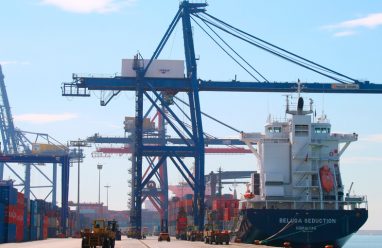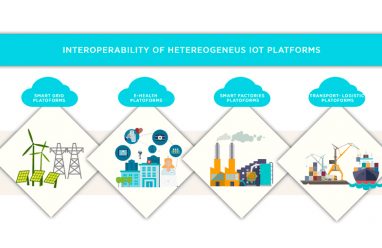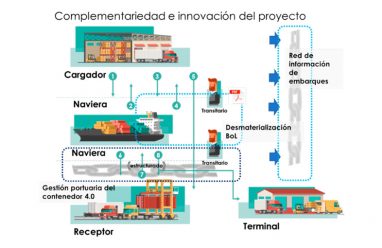The Transforming Transport project was intended to demonstrate in a realistic, measurable and replicable way the transformative effects that Big Data has on the mobility and logistics market. To that end, the project validated the technical and economic feasibility of Big Data for remodelling transport processes and services in order to significantly increase operational efficiency, provide a better customer experience and promote new business models.
As part of the project, seven pilot initiatives were developed, all of which are of major importance for the mobility and logistics sector in Europe: smart highways; sustainable connected vehicles; proactive rail infrastructure; ports as intelligent logistics hubs; efficient air transport; multimodal urban mobility; and dynamic supply chains.
Specifically, Fundación Valenciaport took part in the Work Package “ports as intelligent logistics hubs.” The overall aim of this pilot was to demonstrate how the deployment of Big Data technologies can transform operations in port hubs and improve the execution and management of the supply chain. The specific objectives were:
- Design and implement a global productivity cockpit for logistics and port operations.
- Implement an improved traffic management, scheduling and allocation system, taking into account estimated arrival time, the order of the jobs assigned, prediction, human behaviour and external factors to boost performance, equipment longevity and productivity.
- Adapt and integrate a predictive maintenance system based on information from equipment sensors, minimizing downtime and failures.








